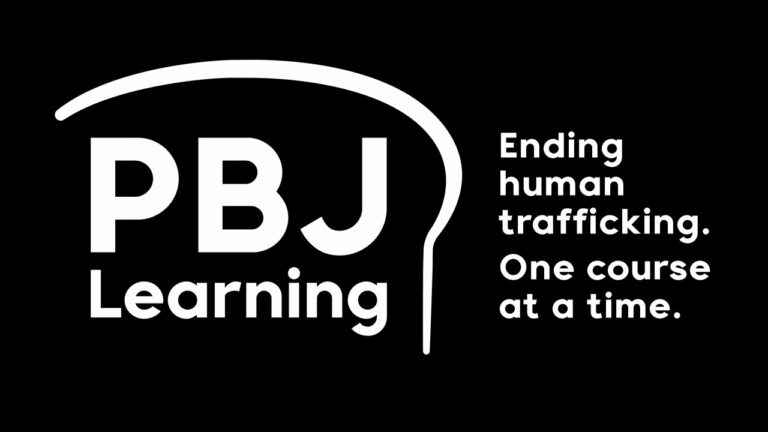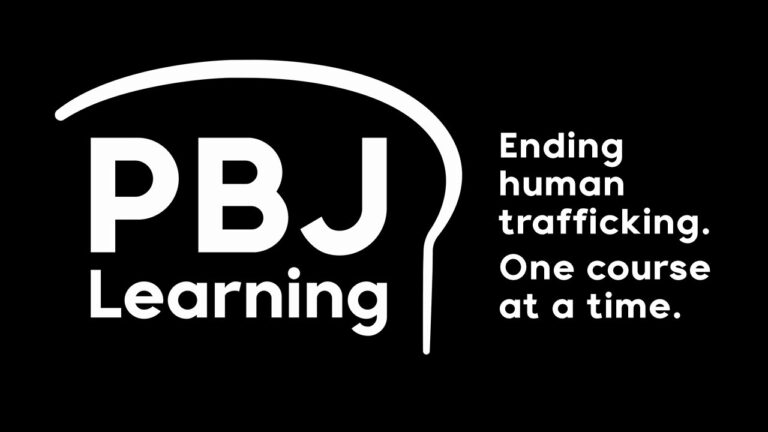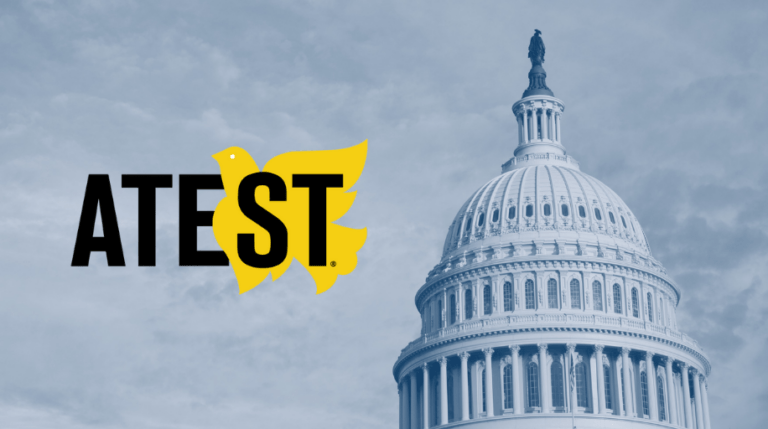Israel not doing enough to fight human trafficking, U.S. says – Haaretz
Israel is not doing enough to prevent human trafficking and ”does not fully meet the minimum standards for the elimination of trafficking,” the annual U.S. State Department report on human trafficking stated for the second year in a row. Haaretz goes to Saudi Arabia: LISTEN to Ben Samuels and David Makovsky The report states that…










